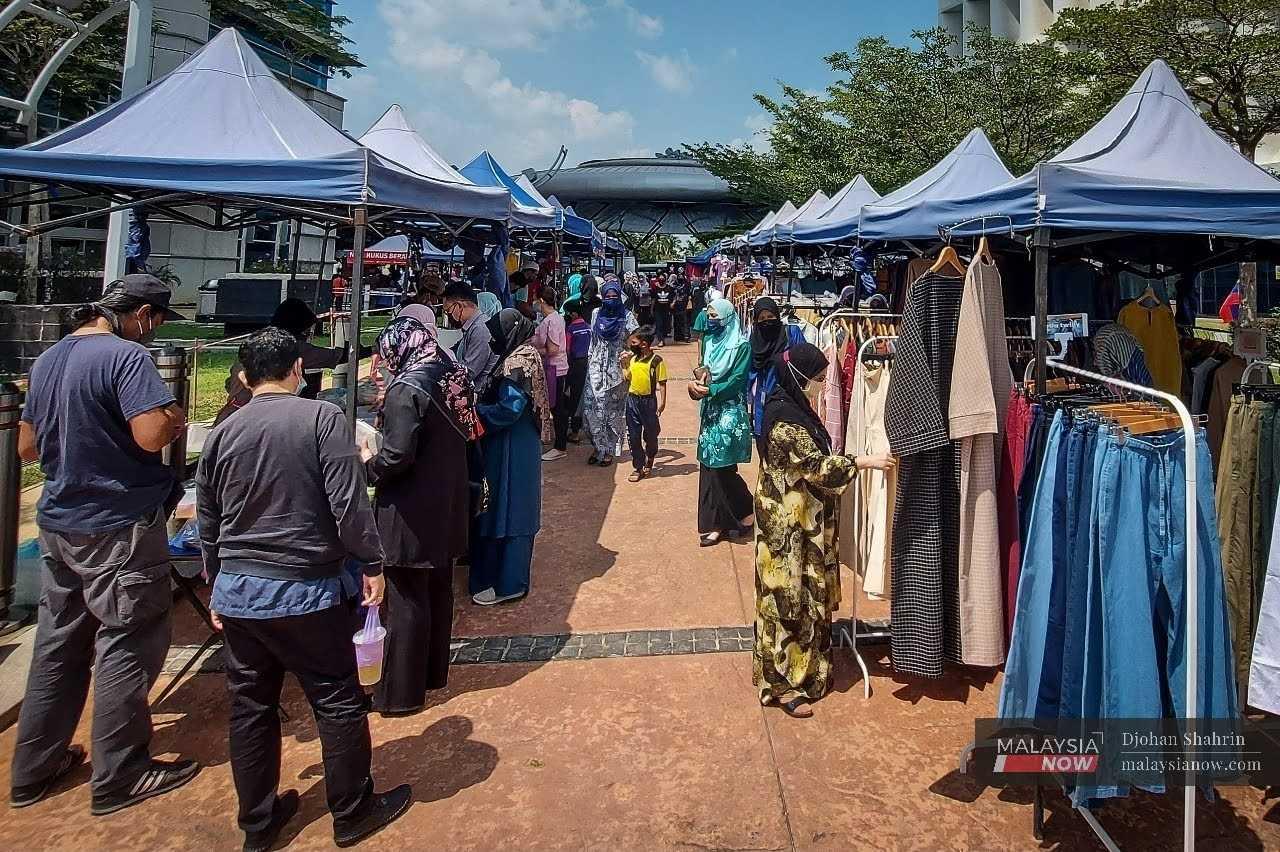Behind the calls for boost in civil service salary
While some are earning a comfortable amount, many others are barely able to meet their basic expenses.
Just In
Ahmad Hakimi (not his real name) has been a civil servant for 15 years.
He began with a basic salary of RM821 a month, working as a financial administrative assistant at a government agency.
Today, he makes RM2,262 a month, with an annual increase of RM115 at the W22 grade.
He has four schoolgoing children while his wife makes about RM1,500 each month running a small business.
Speaking in a recent interview with MalaysiaNow, he said things could be worse.
"At least we're not renting," he said.
"If we had to pay rent each month, our salaries combined could not cover all the costs, including our long-term commitments like our car loan."
Still, Hakimi struggles each month to foot the bills amid the rising cost of living.
The country's main civil service union Cuepacs recently urged the government to consider increasing the salaries of civil servants to help them tackle the high living costs.
It asked, among others, for a minimum wage of RM1,800 for civil servants, two increments a year, and a new remuneration system.
Prime Minister Anwar Ibrahim, who also holds the finance portfolio, responded by saying that civil servant wages would be reviewed once the economy improves.
He said the country was facing a fiscal deficit of 5.6% and a total debt of about RM1.5 trillion, which needed to be given priority.
The government spends some RM7 billion a month on its 1.6 million public servants.
The civil servant salary scale was last agreed to in 2002.
A director at a government agency said he himself was at a comfortable spot on the salary scale.
However, he expressed sympathy for the staff beneath him.
"They like the food at some restaurants, for example, but when they talk among themselves, they say they can't afford it," he said.
"Sometimes there is a sombre air in the office if they are running short of money."
He added that many would begin packing food from home around the middle of the month in order to save on lunch.
Much of their salary is also spent on renting homes around the administrative capital of Putrajaya.
Economist Adriana Asmaa' Mohd Ezanee said that public and private employees alike should be given a raise and a salary of at least RM2,500 for those who are still single.
"If salary increments cannot be prioritised, then lighten their load by reducing the cost of raw goods," Adriana, of Institut Masa Depan Malaysia, said.
"The same goes for the proposal on a new public service retirement model, as the system currently in place is incompatible with the economic situation."
Subscribe to our newsletter
To be updated with all the latest news and analyses daily.
